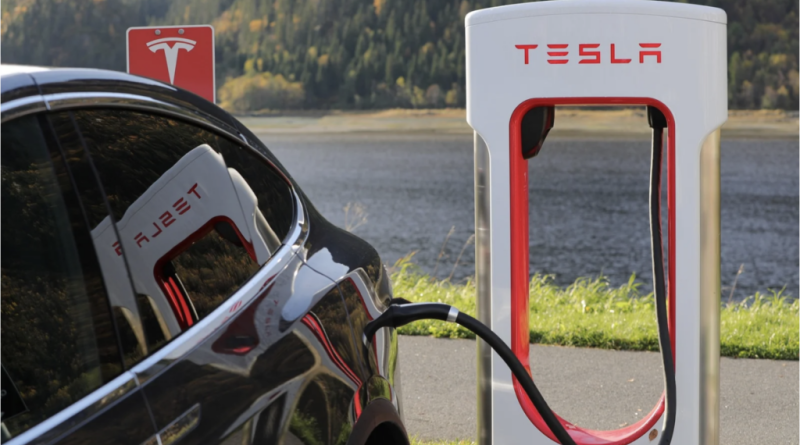Tesla’s Unconventional Marketing Ethos
In a surprising pivot from its long-standing aversion to traditional advertising, Tesla, under the leadership of Elon Musk, briefly flirted with a more conventional marketing approach. Historically, Tesla’s brand thrived on word-of-mouth and the considerable social media influence of Musk himself. However, the decision to experiment with advertising marked a significant shift in strategy. This move was short-lived, as Tesla recently disbanded its nascent marketing team, signalling a return to its original, unconventional marketing ethos. This article explores the reasons behind Tesla’s marketing strategy shift, its implications, and lessons marketers can glean from this episode.
The Disbandment of Tesla’s Marketing Team
Tesla’s traditional advertising efforts were halted with the disbandment of its newly formed marketing team. This team, which had been established to spearhead Tesla’s initial advertising efforts, was laid off as part of broader job cuts across the company. The decision to eliminate the marketing team came directly from CEO Elon Musk, who has historically expressed his disdain for conventional advertising. Musk’s critique that the team’s efforts produced ads “far too generic” underscores his belief in the power of distinctive, innovative marketing strategies over traditional methods. This move not only reflects Musk’s unique approach to business but also signals a strategic reevaluation of how Tesla promotes its brand and products. Despite the brief experiment with advertising, Tesla’s reliance on Musk’s personal brand and word-of-mouth remains its cornerstone marketing strategy.
Elon Musk’s Stance on Advertising and Its Impact
Elon Musk’s aversion to traditional advertising is well-documented and deeply ingrained in Tesla’s brand identity. His belief that advertisements are “too generic” and could apply to “any car” has shaped Tesla’s marketing strategy from its inception. Instead of relying on conventional ads, Musk has leveraged his substantial social media presence to promote Tesla’s products directly to millions of followers. This unconventional approach has not only allowed Tesla to save on advertising costs but also fostered a unique connection with its customer base. Musk’s strategy underscores a broader trend towards authenticity and direct engagement in digital marketing. However, the recent attempt and subsequent retraction of a more traditional advertising strategy raise questions about the scalability of relying solely on personal branding and social media influence as the company grows and faces increased competition in the electric vehicle market.
Strategies to Boost Tesla’s Sales and Stock Price
In response to a slump in sales and a desire to rejuvenate its stock price, Tesla has implemented several strategic measures. Notably, the company announced significant price reductions on its vehicles, a move aimed at making its electric cars more accessible to a broader audience. This pricing strategy could stimulate demand and drive up sales volume, potentially offsetting the impact of lower per-unit revenue. Additionally, Tesla has made adjustments to its Full Self-Driving (FSD) software pricing, reducing the cost to enhance the appeal of its advanced driver-assistance features. These price adjustments are complemented by Tesla’s continuous innovation in product development, as evidenced by the introduction of new models and updates to existing ones. Together, these strategies represent a multifaceted approach to bolstering Tesla’s market position, driving sales, and enhancing shareholder value in a competitive electric vehicle market.
Lessons for Marketers: Understanding and Reaching the Audience
Tesla’s marketing journey offers invaluable lessons for marketers on the importance of understanding and reaching their target audience. Firstly, Tesla’s reliance on Elon Musk’s personal brand and social media influence underscores the power of authenticity and direct engagement. Marketers can learn from Tesla’s approach by leveraging social media platforms to create a genuine connection with their audience. Secondly, Tesla’s brief experiment with traditional advertising and subsequent retraction highlights the necessity of aligning marketing strategies with brand identity and audience expectations. This teaches marketers the importance of consistency in messaging and the need to innovate within the confines of what resonates with their audience. Lastly, Tesla’s pricing strategy adjustments demonstrate the significance of flexibility and responsiveness to market conditions. Marketers should take note of Tesla’s ability to adapt its strategies to meet the evolving needs and preferences of its customers, ensuring relevance and competitiveness in the market.
